Training Courses
We have proven training programs or we can build a customized course that fits your needs.
At MacNeil Investigations & Forensic Consulting, we prioritize training. Our industry-leading training program is one of the most comprehensive available. We offer both proven courses and customized options tailored to your specific needs.
Our unique training style emphasizes hands-on learning, allowing participants to apply skills in mock crime scenes and gain first-hand experience with the many variations of crime scene and forensic investigation techniques available today.
But that's not all. In addition to our superior crime scene training, we also offer specialized classes taught by bona fide subject matter experts in their respective fields. These courses cover a wide range of topics, including forensic photography, homicide investigation, cold case investigation, sex crimes, criminal profiling, and more.
We even provide training for the private sector, with courses such as Active Shooter, Bank Robbery Prevention and Procedures, Identity Theft, CPR, and RAD (Rape Aggression Defense for Women Only). At MacNeil, we're committed to providing the highest quality training possible to help our clients achieve success.
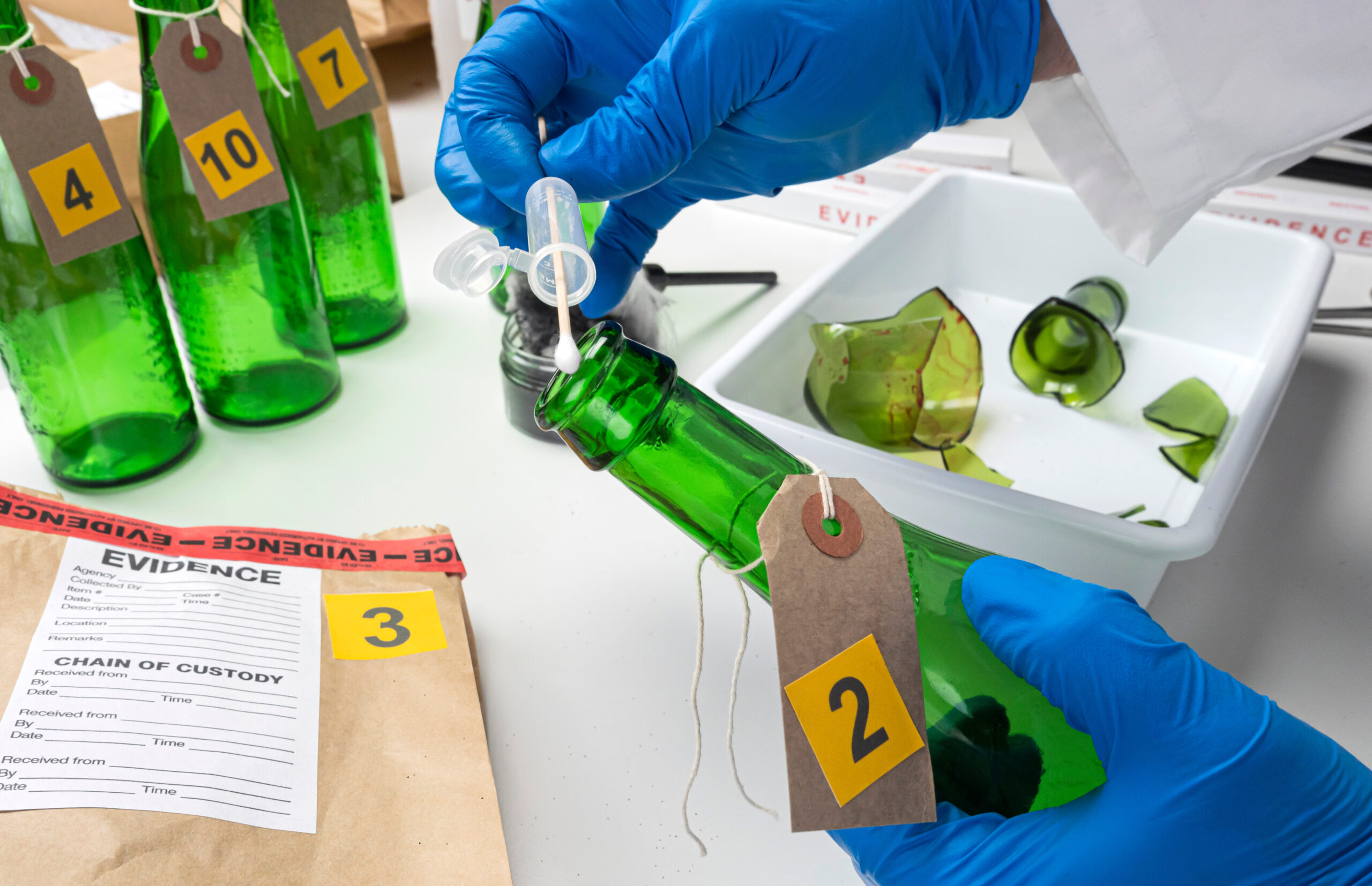
Current Courses
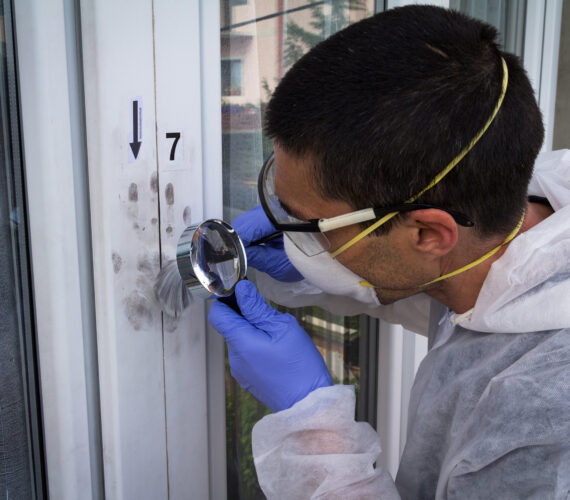
Crime Scene Investigation
October 31st - November 2nd, 2023
Practical Education for the Law Enforcement Officer
Presenter: Detective Dave MacNeil (Watertown MA Police Department)
Hosted by: Weston Police Department, 180 Boston Post Road By-Pass, Weston, MA
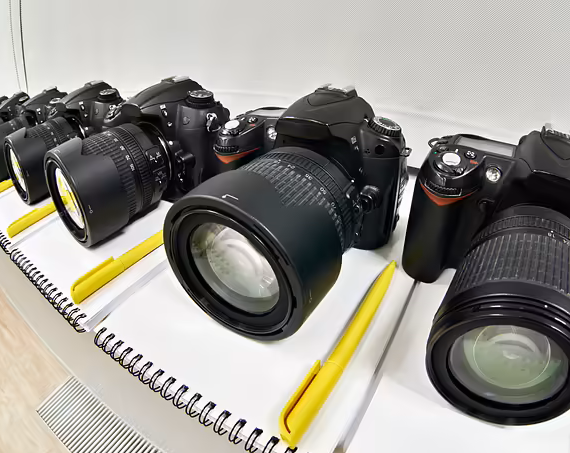
Digital Forensic Photography
Dates TBA
Practical Education for the Law Enforcement Officer
Presenter: Detective Dave MacNeil (Watertown MA Police Department)
Location: TBA

Forensic Macro Photography
Dates TBA
Cyanoacrylate/Dye Stain/ ALS
Presenter: Detective Dave MacNeil (Watertown MA Police Department)
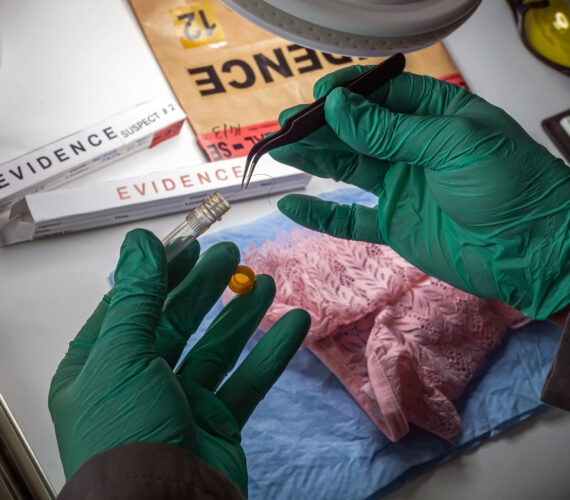
Sex Crimes Investigations
Dates TBA
Practical Education for the Law Enforcement Officer
Presenter: Captain Steven Green (NYPD – retired)
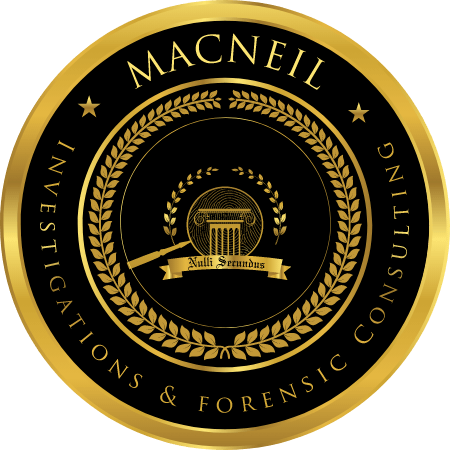
About Our Training Courses
We provide a continuum of courses that cater to a diverse audience, from newly assigned officers to seasoned investigators and private sector members. Our courses offer participants a deep understanding of corporate, major crime, complex crime scene, and forensic investigations. By the end of the training, participants will have a complete comprehension of the importance of proper forensic photography, crime scene management, evidence processing, interviews, interrogation, and how these concepts, combined with other disciplines, can aid in the investigative process.
Our nationally and internationally recognized instructors bring a diverse set of forensic and investigative disciplines to the classroom, complementing each other and providing our participants with expert knowledge and real-world practices. Investigative portions of classes will take the investigator through all the necessary steps to conduct a proper and complete investigation and prepare it for further prosecution or administrative steps.
Forensic training portions of courses will deliver an indispensable understanding and hands-on experience using state-of-the-art crime scene methods and equipment. Participants will learn to process various types of evidence using multiple disciplines, achieve better results and identifications, and understand what “probative evidence” is and how to properly identify, collect, preserve, process, and submit it in court or administrative proceedings.
Our courses are available in single or multi-day formats, and we offer customized instruction tailored to your agency or business needs. Any variation of our training blocks and modules is available to fit your specific situation and requirements. All participants receive reference materials to use in the field and a firm understanding that improved investigative results can be achieved using best method investigative techniques and processes.
We continually add new classes and curriculum, so call us to discuss your next training!